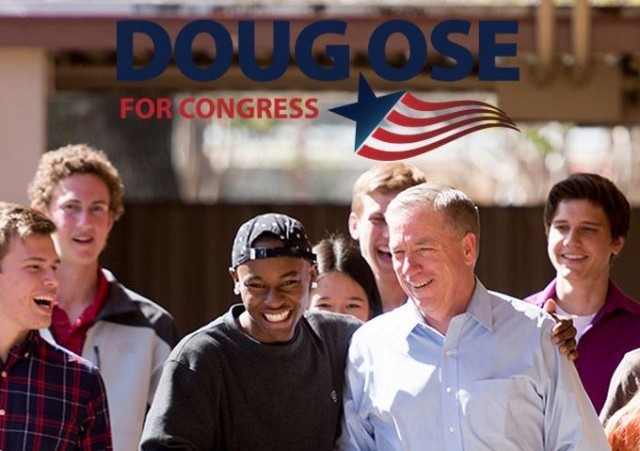Drought Becomes Major Issue in #CA07 Election
on August 31, 2014
7 Comments
Since late 2013, California has been experiencing one of the largest, most intense droughts in the state's history. As of August 26, the U.S. Drought Monitor rates the drought in most of California 'D4 - Exceptional Drought', the highest rating on its scale. It spread from south-central California, and has since hit even some of California's usually water rich areas, including Sacramento County.
Water management and the drought have been major talking points across the state for the past year, so logically they have also become huge issues for the coming congressional elections. This is especially true in California's highly contested 7th District elections, where former Republican Representative Doug Ose challenges Democratic Incumbent Ami Bera.
In the last few months, Ose has begun to focus even more heavily on the district's water issues, though the drought has been a key part of his campaign since its beginnings: he released a fairly comprehensive water plan in mid-February 2014.
Ose's plan focuses primarily on improvements to California's water infrastructure, increasing water retention, creating new storage locations, and accessing new water resources. 'Immediate Action Items' listed by the plan include:










